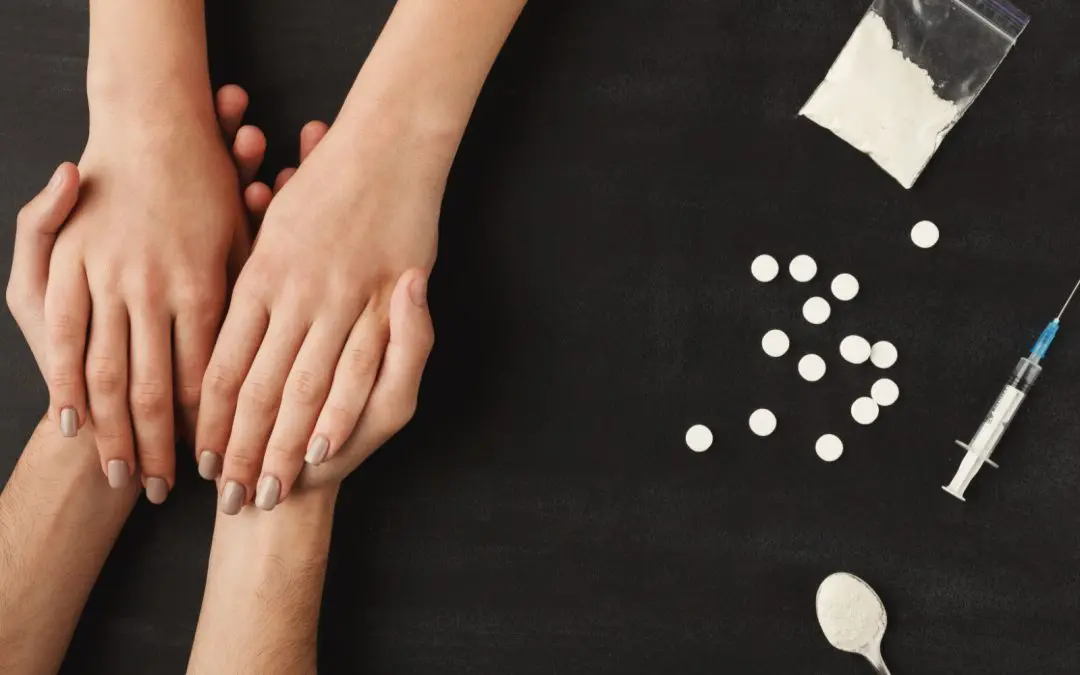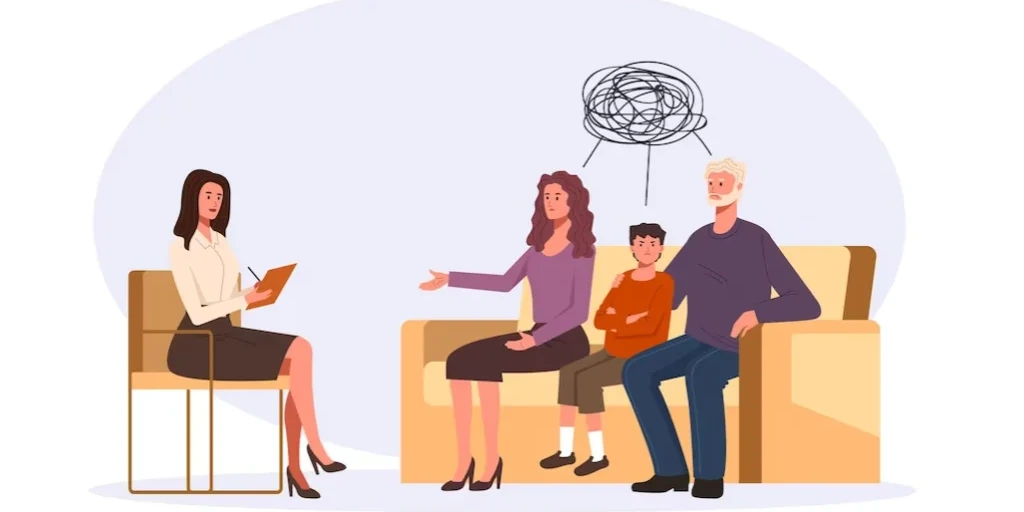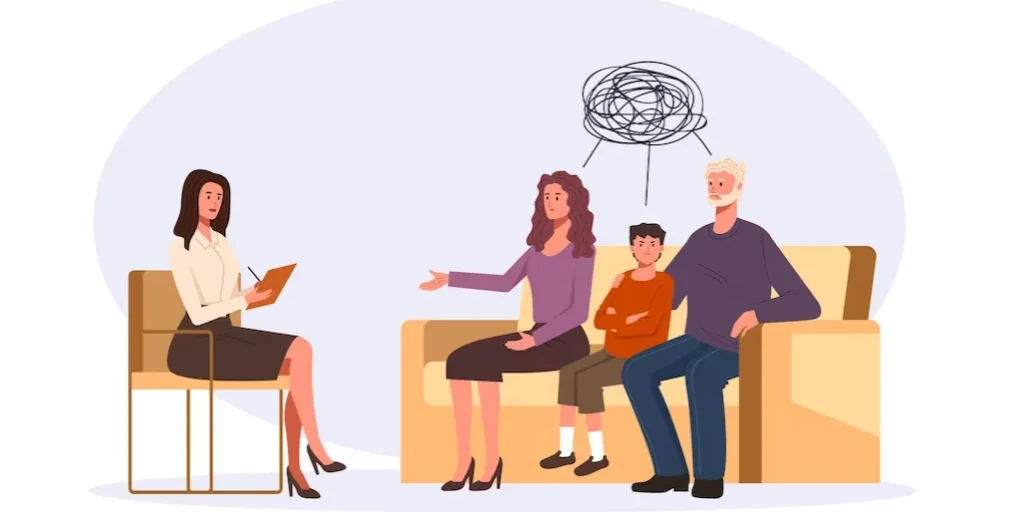24/7 Helpline:
(866) 899-111424/7 Helpline:
(866) 899-1114
Learn more about Prescription drug Rehab centers in Scottsville
Prescription drug Rehab in Other Cities

Other Insurance Options

Coventry Health Care

Evernorth

Medical Mutual of Ohio

Sutter

Choice Care Network

UnitedHealth Group

PHCS Network

UMR

Aetna
Beacon

United Health Care

Health Net

Kaiser Permanente

Ambetter

Providence

Meritain

AllWell

MVP Healthcare

State Farm

Group Health Incorporated

Time Out Community Counseling and Correctional Services
Time Out Community Counseling and Correctional Services offers outpatient treatment for individuals ...

LifeSkills Service Center – Allen County
LifeSkills Service Center – Allen County is a private rehab located in Scottsville, Kentucky. LifeSk...

More to Life Counseling
More to Life Counseling offers faith-based and evidence-based counseling services for individuals, f...
































































